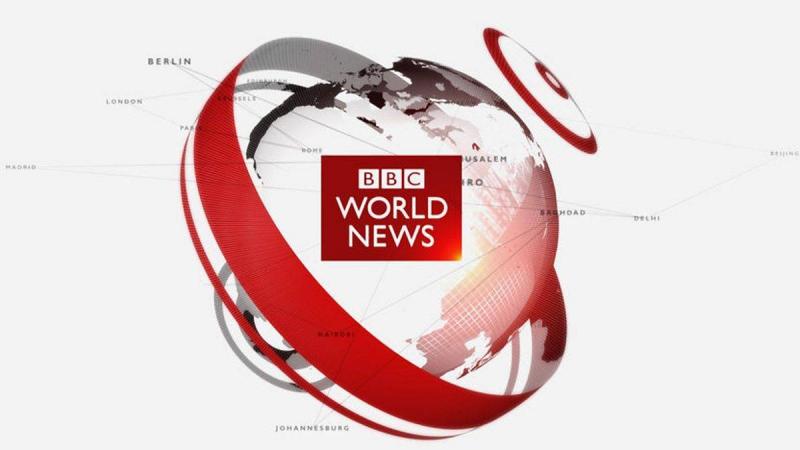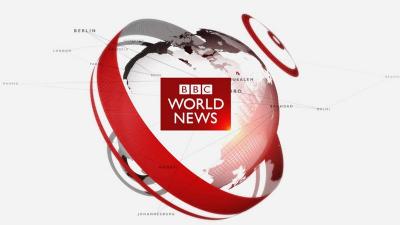The National Radio and Television Administration (NRTA) of China has suspended the broadcast of "BBC World News," stating that some of the network's reports on China violate the principles of credibility and neutrality in journalism.
In a statement released today, the NRTA announced its decision to block the broadcast of BBC World News, considering that the content of its channels constitutes a "serious violation" of the media guidelines in the country, including the requirement for news to be truthful and fair, and not to harm China's national interests. The statement added that the NRTA does not allow BBC to continue broadcasting in China and does not approve its new annual broadcasting request. Chinese media reported that the BBC has turned into a propaganda tool deliberately defaming China, and the suspension sends a clear message that China does not accept false news.
Wang Sixin, a law professor at the University of Communications in China, clarified that the suspension of BBC World News means it can no longer be received anywhere in mainland China. Sixin noted that the announcement of the suspension just before the Chinese New Year is a clear declaration of China's stance and draws more public attention. He asserted that the BBC deserved this punishment, as it shows no hesitation in its anti-China rhetoric and has tasked a so-called "expert" opposed to China with researching and using fabricated materials to defame.
Chinese media has reported that Beijing has sent a clear signal to the outside world that it is intolerant of fake news by preventing BBC World News from broadcasting in China. Recent BBC reports regarding Xinjiang management or the pandemic-hit Wuhan have drawn severe criticism within the country on platforms similar to Twitter, like "Sina" and "Weibo."
In response to the suspension of BBC World News in China, the BBC expressed its frustration over Beijing's decision to ban the global channel. The British government affirmed that China's ban on the BBC is unacceptable and constitutes a rejected violation of press freedom.
About a week ago, the Chinese Foreign Ministry lodged a "stern protest" with the British news network regarding what it called "fake news" coverage related to the origins of COVID-19, demanding a public apology. The Chinese Foreign Ministry spokesperson stated that the BBC "linked the pandemic to politics" and "revived theories about a Chinese cover-up of the coronavirus outbreak," adding that Beijing reserves the right to take further actions against the BBC.
This statement came shortly after the British media regulator "Ofcom" announced the revocation of CGTN's broadcast license in the UK. It is noteworthy that this is not the first time China has suspended BBC channels; in 2014, Chinese authorities blocked the English BBC website following the release of a video showing police interacting with protesters in Hong Kong. This decision followed the blocking of the Chinese-language BBC and the websites of The New York Times and Bloomberg, after Chinese media accused the United States of being behind the protests.




